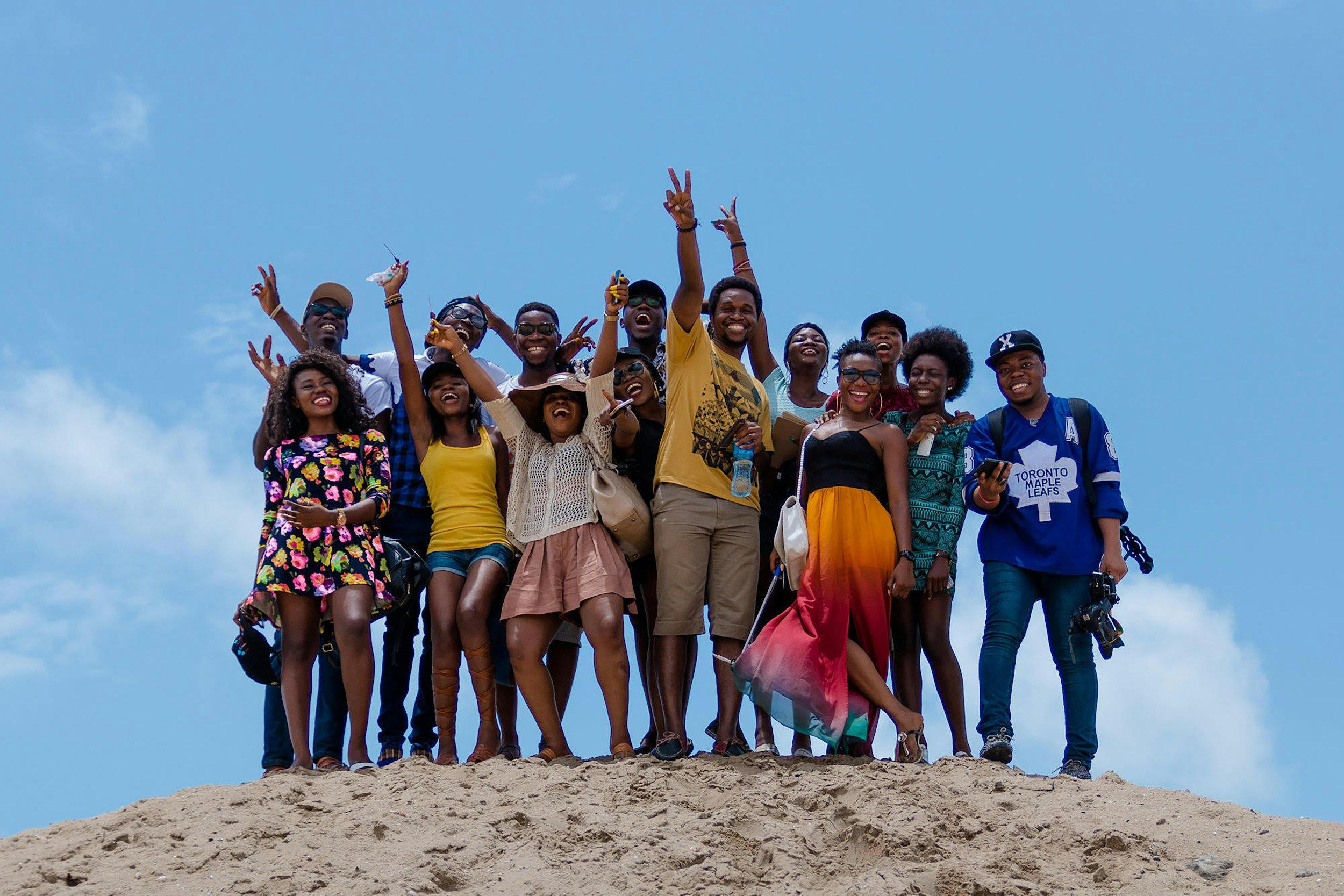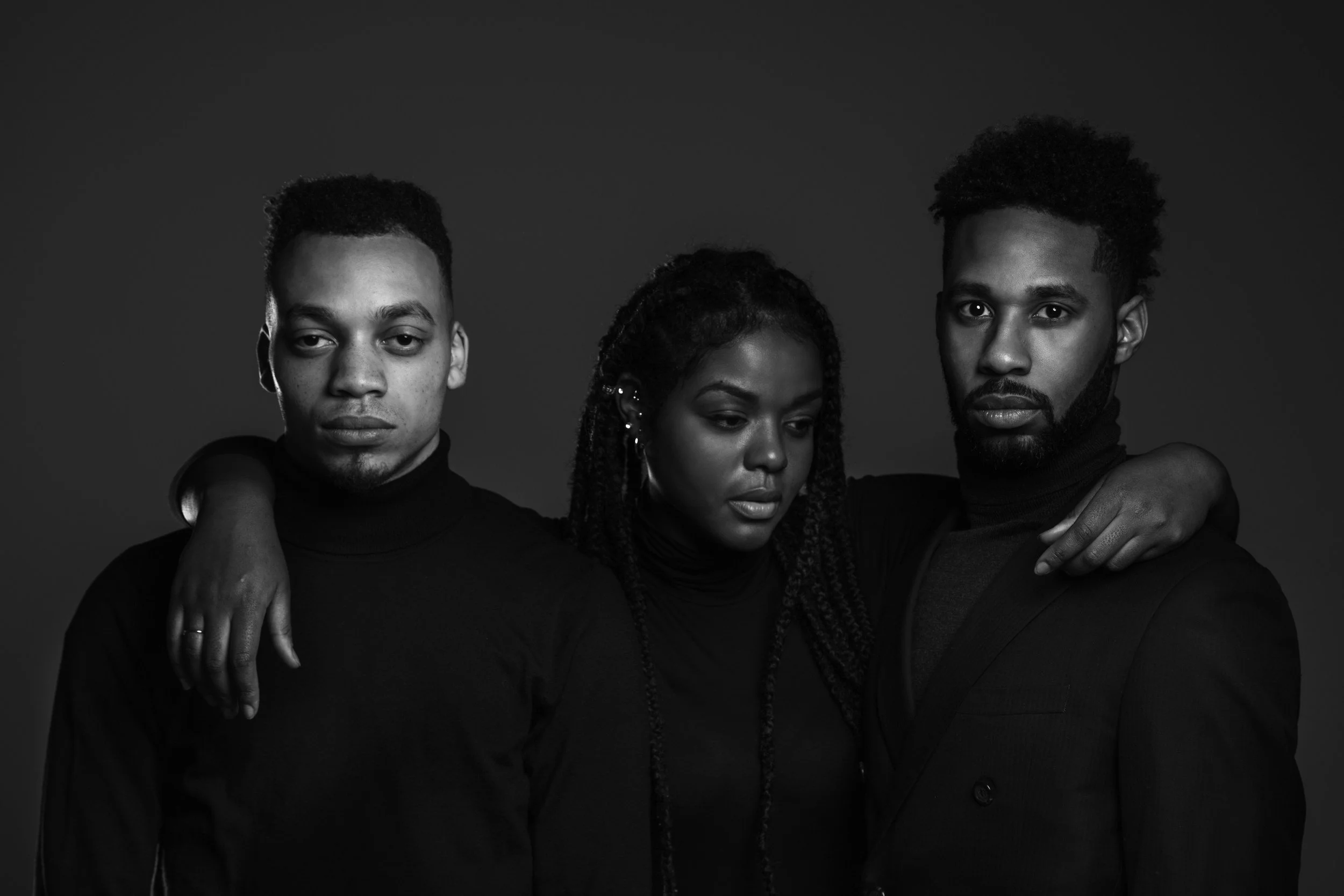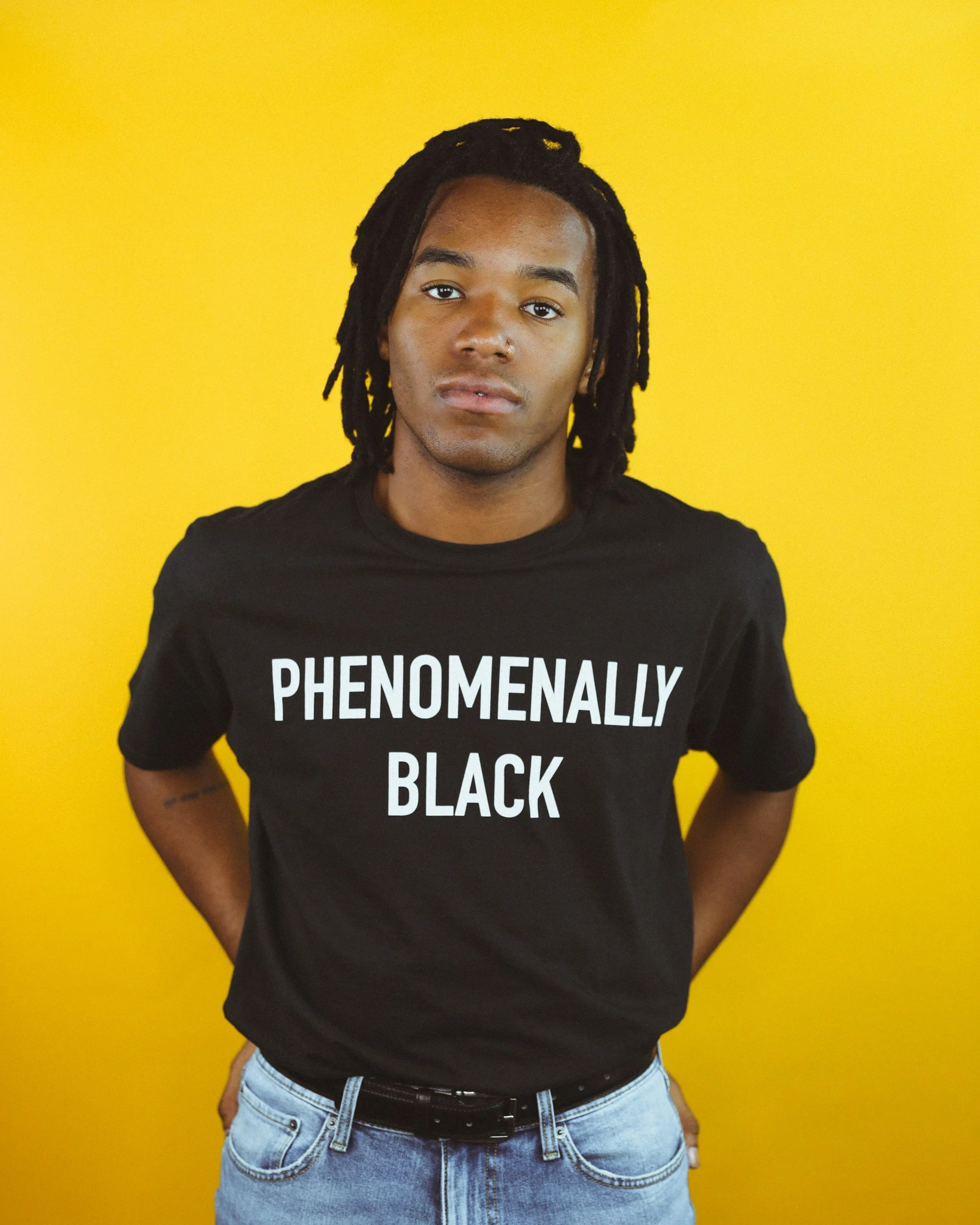Dear Black People Who Ask Me, “Where Are the Black People in Australia?” — This Is the Answer
I’ve been asked this question several times by Black people — friends, family, people I know from growing up in London — most of whom live in Europe and 99.9% of whom have never set foot in Australia. Their understanding of the country is shaped largely by shows like Neighbours and Home and Away. Every time, the question comes with a tone of concern or judgment:
“Where are the Black people?”
And often, the underlying assumption is this: that the absence of a large Black population in Australia must mean the country is more racist than places like the U.S., Canada, Europe, or Latin America.
Honestly, this question — and that assumption — frustrates me. Not because racism doesn’t exist here (it absolutely does), but because the logic behind the question misses the historical reality. In fact, I’d argue that our presence in large numbers across the Western world isn’t always something to celebrate — it’s often the result of a deeply violent and brutal history.
So here’s my attempt to explain — clearly, calmly, and with love — why you don’t find large numbers of Black people in Australia, and why that’s not the sign of exclusion you might think it is.
1. Australia Was Never Part of the Transatlantic Slave Trade
The reason you’ll find large Black populations in the U.S., the Caribbean, Latin America, Canada, and parts of Europe is because those regions were central to the transatlantic slave trade. Millions of Africans were forcibly taken to these places as part of a system designed to fuel European colonial wealth.
Australia, however, wasn’t on that map. It wasn’t a destination for enslaved Africans. Its colonial foundation was built not on plantation slavery, but on penal transportation — thousands of convicts from Britain and Ireland were sent here to serve time, clear land, and help expand the British Empire.
Scottish people were also part of Australia’s colonial story — some were transported here as convicts, but many more arrived as free settlers during the 19th century.
That difference matters. It shaped the entire racial and demographic makeup of the country.
And how Australians really feel about the British — but that’s a conversation for another day.
2. It’s Geography, Too
Australia is far from West Africa — thousands of miles and an ocean away. The transatlantic slave routes focused on the Americas because Indigenous populations there were dying in huge numbers, and Europeans needed labour in hot, tropical environments which Europeans themselves couldn’t survive in. That’s why slavery expanded the way it did — it wasn’t just ideology; it was also economics, climate, and control.
In Australia, colonisation led to mass death and displacement of Indigenous people, too — but they were not replaced with enslaved Africans. That’s why the kind of Black/Indigenous blending you see in places like Brazil or Jamaica didn’t happen here.
3. Australia Has Its Own Colonial Violence — It’s Just Different
Make no mistake: Australia’s colonial history is still violent and racist. Aboriginal and Torres Strait Islander peoples were massacred, dispossessed of land, and subjected to horrific policies like the Stolen Generations.
But Australia’s labour systems were built on different forms of exploitation. These included:
Convict labour from Britain, Ireland, and Scotland
Indentured labour from Asia and the Pacific
Slavery-like conditions imposed on Indigenous people
Yes, some white Australians (or their British ancestors) profited from the transatlantic slave economy, but they didn’t bring enslaved Africans here in large numbers.
So the small Black population in Australia today isn’t because we were excluded in the way some might assume. It’s because the system that forcibly transported Africans to the Americas was never implemented here.
That said, Australia’s immigration history hasn’t exactly been open-armed either. The White Australia policy, which shaped migration well into the 1970s, explicitly favoured Europeans. And today’s skilled migration system still tends to privilege those with formal education, English fluency, and particular types of work experience — which can act as a quiet filter. But that’s another conversation.
The key point here is that the main reason for our absence isn’t about rejection — it’s about a different set of historical forces.
4. Being Fewer Doesn’t Mean We Don’t Belong
Sometimes we assume that the more Black people we see in a country, the more inclusive or welcoming it must be. But that’s not always true. Large numbers of us in places like the U.S. or Brazil aren’t signs of belonging — they’re evidence of forced migration through enslavement.
5. The Africans in Australia Today Came by Choice
The African diaspora in Australia is small, but vibrant — and growing. Most African Australians are first- or second-generation migrants, here by choice through skilled migration, education, or humanitarian pathways.
That means we’re building communities from scratch. There’s no inherited system or multi-generational Black suburb the way you might find in New York, London, or Toronto — but there’s power in that, too.
We are not here because we were forced. We are here because we chose to be.
And that makes a difference in how we relate to each other, too.
6. The Lack of Slave Trade Here May Have Made Us More United
In the UK, when I was growing up — even at university — there was a deep-rooted tension between Caribbean and African communities. That divide was shaped by the legacy of slavery and colonisation, and it was real. The transatlantic slave trade fractured not just bodies and histories, but identities. And we’re still navigating the effects of that.
In Australia, I’ve noticed something different. Black people — whether African or Caribbean — tend to see each other simply as Black. There’s a greater sense of solidarity, perhaps because we’re fewer, and because many of us are recent migrants.
Of course, there are still nuances — South Africans, for example, often arrive with their own layered racial dynamics— but on the whole, the Black community here feels more united than what I experienced growing up in the UK.
Final Thoughts
So the next time someone asks, “Where are the Black people in Australia?”
The answer is: we’re here — just not for the same historical reasons you might expect.
We didn’t come through slavery. We came through migration, resilience, ambition, and choice.
And that, to me, is something to be proud of.
✨Free Tools to Help You Move Forward
I believe clarity starts with the right tools. That’s why I’ve created a free resource library for solo buyers and expats.
👉 Start Here – Free Tools - see full collection here
Choose the one that fits you best:
Spend This, Not That™ – smart financial swaps to free up money for what truly matters.
Smart Investing for Expats – make confident decisions with your UK–Australia portfolio.
Review Your Next Contract With Clarity – a checklist to protect yourself before signing.
Download one today and start building clarity and confidence.




